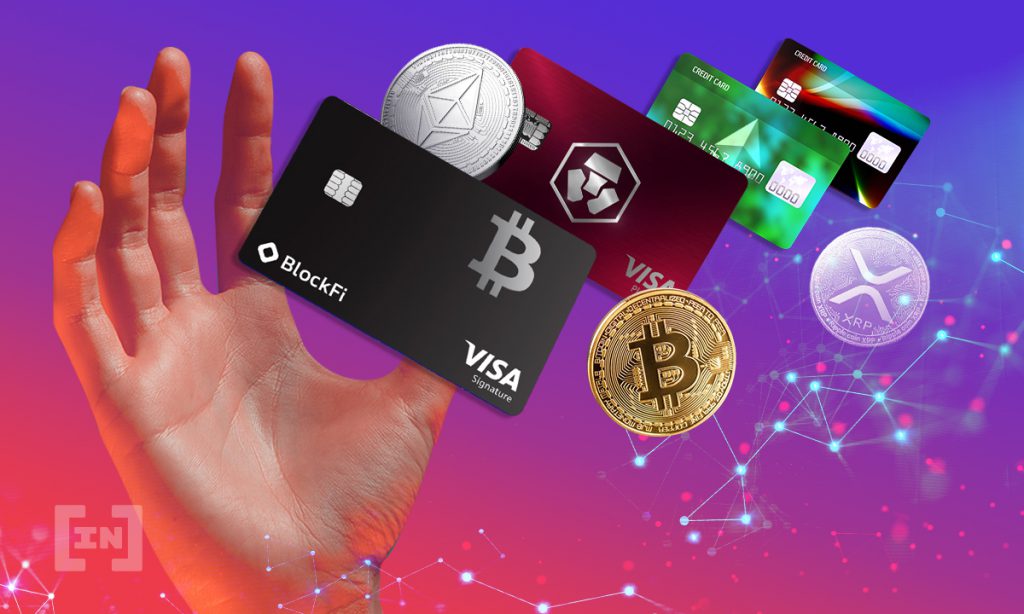Payments giant Visa is launching a crypto advisory service globally, as the company’s recent survey details surging adoption.
Visa is launching its Global Crypto Advisory Practice as part of Visa Consulting & Analytics (VCA). In addition to allowing clients to use its network for digital offerings, and helping manage backend operations, services will also include educating institutions about cryptocurrencies.
“We came to Visa to learn more about crypto and stablecoins and the use cases that are most relevant for our retail and commercial business lines,” said Uma Wilson, executive vice-president at regional US lender UMB Bank.
In the announcement, Visa highlighted the type of firms that could potentially benefit from its services. These include financial institutions seeking to offer crypto for retail customers, retailers interested in the potential of non-fungible tokens (NFTs), or central banks developing digital currencies (CBDCs).
It also further detailed services Visa could offer, such as developing concrete strategies after evaluating crypto opportunities for financial institutions, piloting new user experiences such as crypto rewards programs for retailers, or facilitating CBDC-integrated consumer wallets for central banks.
Visa survey
Visa decided to offer these services due to the surging interest in cryptocurrencies around the world, based on data from its latest study. According to the results of “The Crypto Phenomenon: Consumer Attitudes & Usage,” some 94% of survey participants reported awareness of cryptocurrencies. Among them, nearly one-in-three already own or use cryptocurrency, while 62% said their use increased over the past year.
Emerging markets have proven even more enthused with crypto, with 37% of crypto-aware consumers using or owning crypto, compared to 29% in developed markets. Key motivators for them include building wealth (41%) and taking part in the “financial way of the future” (42%).
As crypto adoption spreads, so does the demand for their use in transactions. To this end, some 81% of crypto owners expressed interest in crypto-linked cards, which enable them to spend crypto at retailers. Similarly, another 84% reported interest in earning crypto rewards.
One metric likely stood out to Visa in its decision to start offering crypto services. Some 18% of survey participants said they would switch to a bank that offered crypto-related products in the next 12 months. In emerging markets, the figure jumps to 24%, while among crypto holders it nearly doubles to 40%.
Visa & crypto
Currently, Visa offers digital currency custody and trading services over its network. It made headlines earlier this year, when it announced that it would allow the use of USD Coin to settle transactions on its payments network. Visa then launched a crypto rewards card with BlockFi, concurrently announcing that customers using its cryptocurrency-linked credit and debit cards had spent more than $1 billion by July.
However, greater price stability will be necessary for cryptocurrencies to be used more as a medium of exchange, according to Visa CFO Vasant Prabhu. “If the price is going to fluctuate from $60,000 to $50,000 in a few hours, it’s a very difficult thing for a merchant to accept (bitcoin) as a currency. I don’t know if cryptocurrencies like bitcoin will ever be a medium of exchange,” Prabhu said. “Stablecoins will.”
What do you think about this subject? Write to us and tell us!
Disclaimer
All the information contained on our website is published in good faith and for general information purposes only. Any action the reader takes upon the information found on our website is strictly at their own risk.


